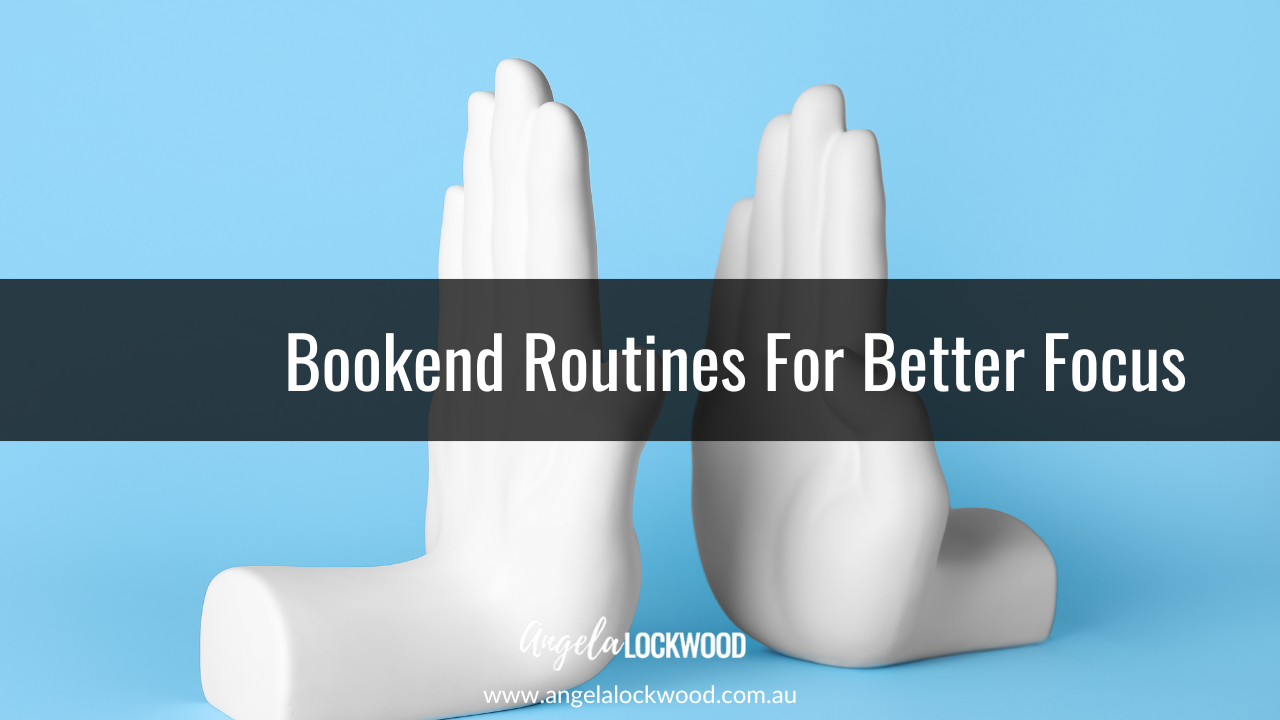Reducing overwhelm for kids
Jun 14, 2022
Understanding how we relate to overwhelm has been something that I have been interested in for a long time. It stems from having a fast brain or a naturally distracted brain. I am either on or I am off. When I was younger there was not a lot of in-between. So for me understanding overwhelm and how we can understand it, overcome it and work with it have been as much of a personal mission as it is a professional one. Through my work with kids, I see young kids who also struggle with managing overwhelm whether that be through their environment in the class, in understanding what is required of them, and understanding all of the social nuances that some with being a kid. It is tough work being a kid, particularly when your brain is wired to be distracted or when there is just so much learning to be done and so much of life to take in. That is the camp I fell into, so much to do, so little time.
I became fascinated by what are the factors that are contributing to kids feeling like they're overwhelmed. And it intrigued me so much that researched it and it led to me writing my second book"Switch Off - How to find calm in a noisy world."
The meaning of overwhelm is "to have a strong emotional effect". So, when you think about it, when people are in a state of overwhelm, then they're going to have a very strong emotional response to that overwhelm. Through my work with kids, particularly in schools, I see teachers confusing misbehaviour with overwhelm. Through my work with families I see parents confusing meltdowns with bad behaviour. When a child gets to that meltdown point, there is always precursor. Some of it we can see, and it's quite obvious like a child being tired. But other times, we have no idea and it just seems like they just had a meltdown for no apparent reason.
When kids hit overwhelm, they go into a state that they lose connection with their behaviour and their thoughts. Now sometimes for kids, overwhelm, can come and go, it might be something where they hit a point of overwhelm throughout their day, they deal with it, and then they come back down to a calm state, and then they just move on. For other kids that might be things that happen over the course of their day, and then it grows, gradually builds up over the course of the day. And then they hit this point of no return at the end of the school day. And usually, what parents report to me, is they pick their child up from school, the teachers are reporting that they're just little angels at school, they had this wonderful, well-behaved little student all the time in that class. And the parent says, "well hang on a minute, as soon as they get in the car, they're starting to lash out, they're kicking the back of the chair, they're yelling at me, they're ripping their clothes off!" The rest of the afternoon is chaos. This is more common than what you think.
There are five factors that contribute to overwhelm for kids.
- Situational. Something might have happened at school, where it was a specific situation, where it made them get to a point where they felt really overwhelmed such as an exam, an argument with another student at school, or a teacher wasn't happy with them.
- Environmental. Environmental overwhelm is probably more common amongst all of these five and it can feel like it is out of the child's control. Think about a noisy environment, an impending storm, a flickering light, a cold classroom.
- Anticipation. The expectation that something is about to and going to happen. An example of this is if a child has an exam coming up, or they might have to do public speaking, which we all know is one of the number one stresses and fears for people. If a child has to get up to present to a class, what can cause a child to hit a point of overwhelm, is that just very thought that they're going to have to speak to their class.
- Social. Children are social beings and when they're in a social environment all day every day at school, grouped with kids who all with different preferences and personalities navigating the social nuances can be so overwhelming for a child. I see social overwhelm hit its maximum threshold in the playground all the time, compounded with the other factors of overwhelm playgrounds can get crazy.
- Cognitive. The amount of thinking a child has to do during the day can be exhausting. They get to school, maybe 8:30am, they're there until 3pm so that 6.5 hours of solid cognitive work each day. Through all of this thinking kids get to a point where their brain is just tired.
When a child is in overwhelm it feels like their brain and their body just can't take any more in and they either switch off and withdraw or they lash out to free the overwhelm. In a classroom situation, it might be that the child actually leaves the room because they either need to quiet the noise, or the learning is getting too hard for them or they need to move their body. Or they could sit under a desk, spin on a chair or annoy one of the other classmates by poking them, scrunching up a piece of paper and throwing it or it might just be a refusal to do any more work. You get the picture.
At home overwhelm could look like your child racing to their room and slamming the door, going straight to the fridge and eating like it's their last meal, or annoying their sibling or even being physical with them.
When a child is in that state of overwhelm, it's really important for us adults, to remain calm and when the time is right teach them some strategies that they can use each time they feel out of control. If they don't know the strategies in the first place, then they will just do what feels right and sometimes that isn't the best choice.
Teaching them age-appropriate strategies is important, and this will allow them to start to build a toolkit or build a little repertoire of skills that they know that they can fall back on when they're feeling like things are getting too much. Through teaching them to build strategies you are setting positive foundations that will take them through their entire life.
What strategies are your go to for you and for your child when you or them are feeling overwhelmed? Leave a comment below.
For more ideas go to A Kid's Life Podcast episode "Reducing overwhelm for kids".






